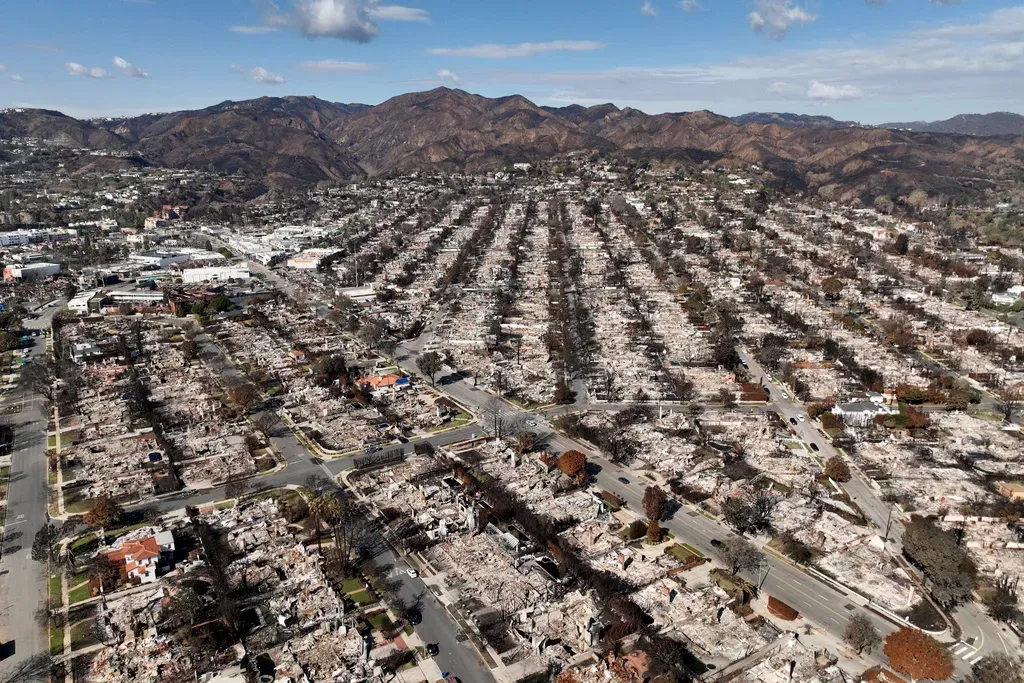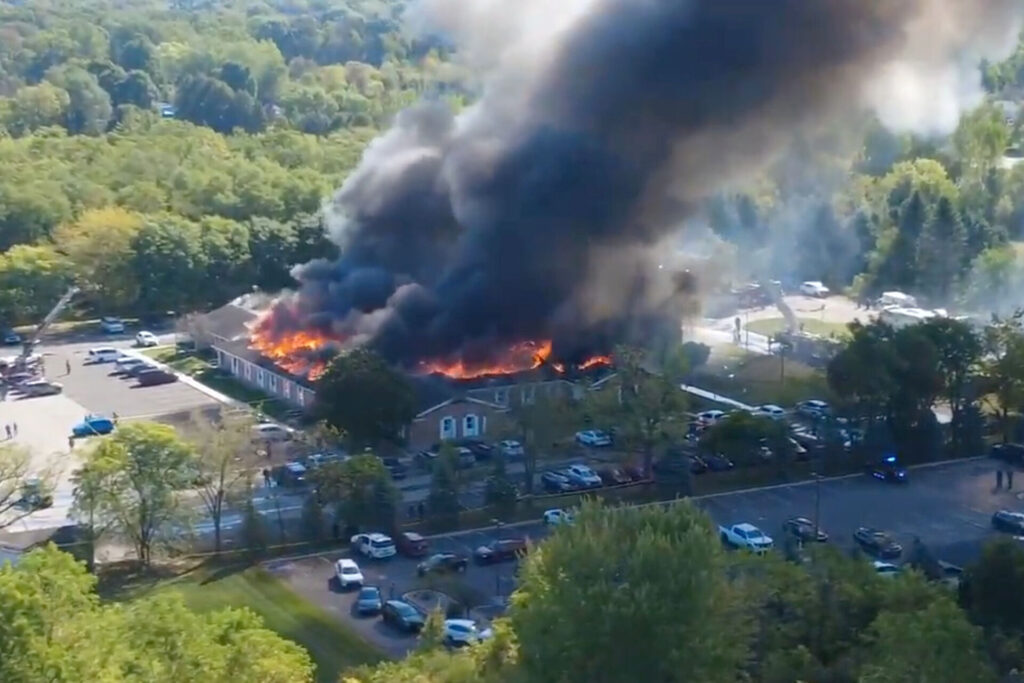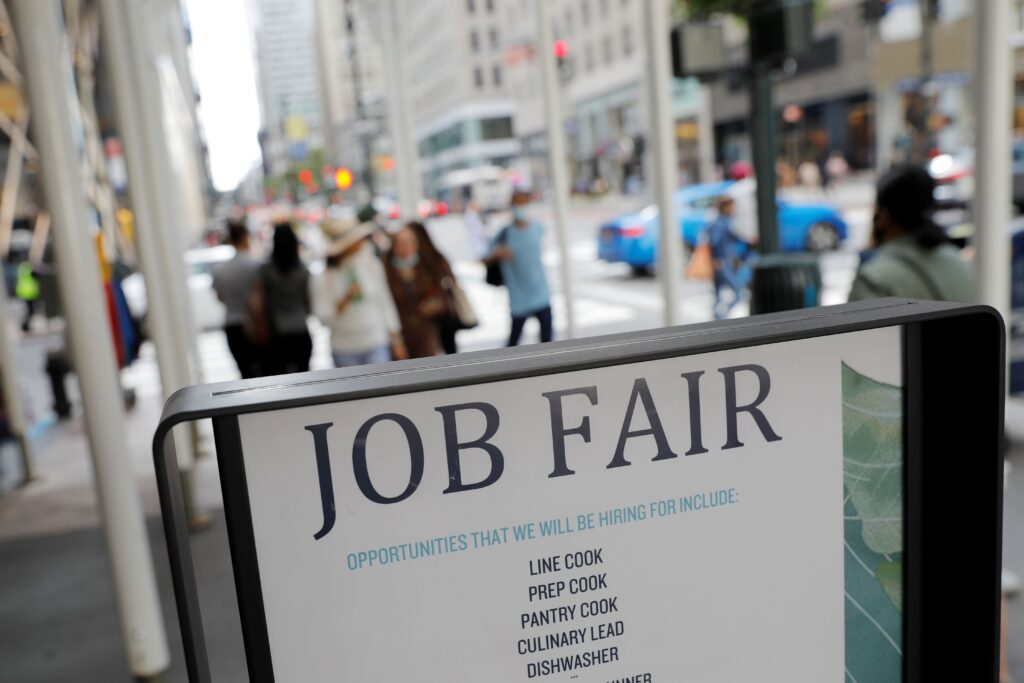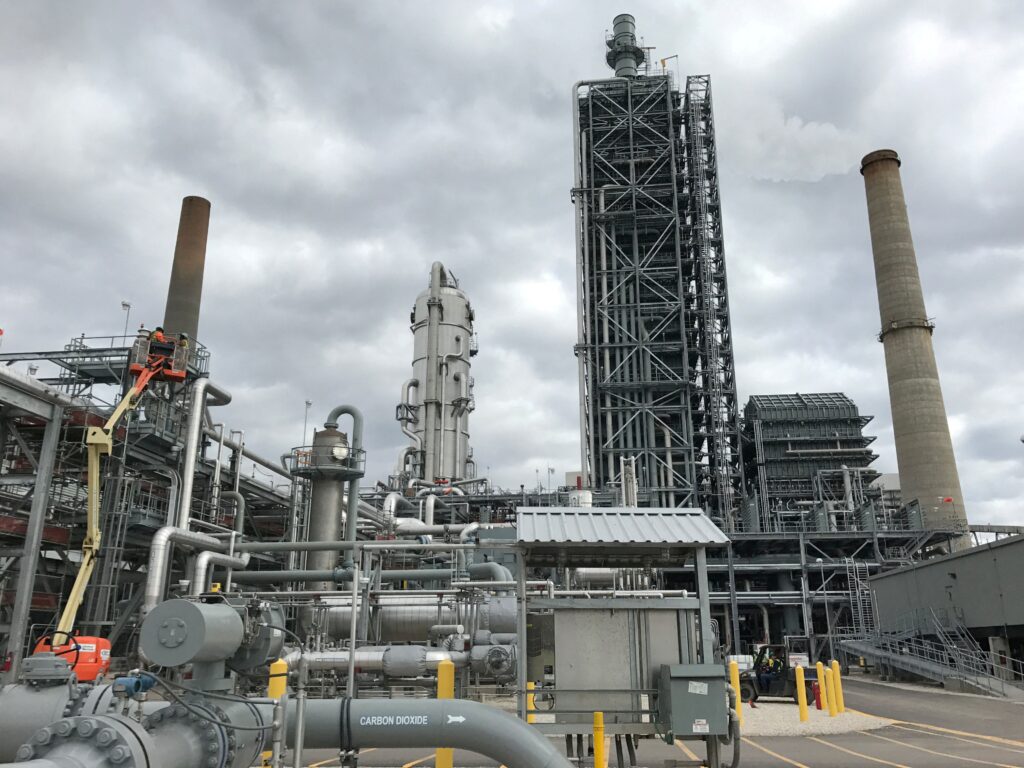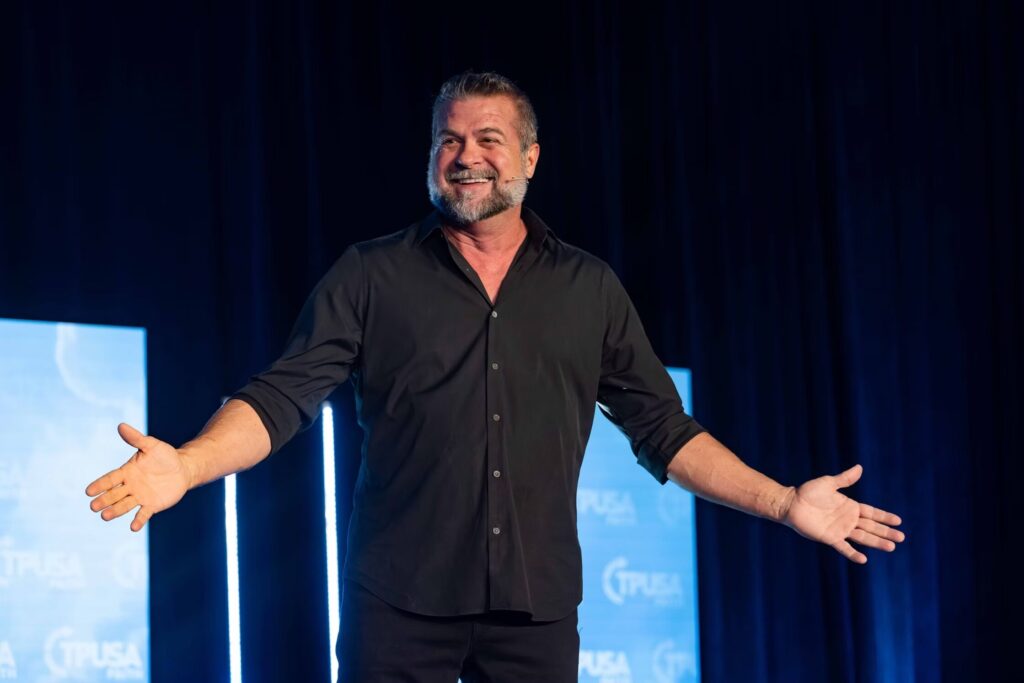Jury’s still out on what a Trump presidency might mean for Colorado
Leaders of Colorado’s political left are in a world of worry about what Donald Trump in the White House could mean to their causes here at home.
But before full freak-out mode begins, some are willing to wait and see who sits on his Cabinet and whether he will truly carry out campaign promises on aggressive immigration enforcement, de-regulation, expanded drilling and mining and gutting Obamacare.
As Trump’s appointments and policies materialize in the coming weeks, ColoradoPolitics.com will profile each of the major issues and weigh their impact on the state.
Meanwhile, Trump protesters are protesting; advocacy groups are urging unity, and cities are figuring out what to do if the president-elect calls on them to round up undocumented residents for deportation.
Colorado Springs police said this week that they’re still evaluating it. The El Paso County Sheriff’s Department said it enforces all laws, local, state and federal. Denver and Aurora have said they won’t participate in Trump’s plans to deport undocumented workers.
Chill and drill
Patrick Davis, Trump’s senior adviser in Colorado, suggested worriers just chill out.
“Turn off MSNBC and CNN and grab a turkey leg and relax,” he said.
Pete Maysmith, executive director of left-leaning Conservation Colorado, said Trump’s values don’t align with most Coloradans on clean air, public land or renewable energy, and that doesn’t bode well for a raft of valued polices.
“What are we worried about? When you hear a name like Sarah Palin or an oil-and-gas executive to run the Department of Interior, the first thing that comes to mind is ‘drill, baby, drill.’ “
Amping energy development
State Sen. Ray Scott of Grand Junction, Trump’s campaign leader on the Western Slope, said the arrival of Trump’s policies can’t come soon enough to amp up the state’s energy economy, bring better-paying jobs to help keep pace with housing prices in metro Denver and scrap a health care policy that’s driving more people onto Medicaid, which is breaking the back of the state budget.
“The federal government has had its foot on the throat of the industry for eight years,” he said of energy production, a $32 billion player in the state’s economy in 2014 that’s been in a slump since.
Protecting insurance, immigrants
After the election, Gov. John Hickenlooper said the way in which Trump carries out his plan to dismantle the Affordable Care Act, as he promised, could have dire impacts on people who lose insurance they once couldn’t get because of pre-existing conditions. He also cited young people who couldn’t afford insurance out from under their parents’ plans.
“We want to do all we can to make sure they remained insured,” Hickenlooper said.
Crisanta Duran, the state representative from Denver set to become House speaker when the next session convenes on Jan. 11, also will become the first Latina leader of the chamber in the state’s history.
She has led the way on major bills such as helping undocumented college students to get in-state tuition and create a driver’s license for undocumented residents.
She recalled her work as a labor union attorney during immigration raids at the Swift & Co. meatpacking plant in Greeley in 2006, when 273 undocumented workers were arrested, part of 1,297 arrested at Swift plants in six states. Most were quickly deported. Duran said people with no criminal history with the ability to do the work were arrested, despite the company doing what it could to comply with the federal verification law.
“That has stuck with me since that time,” she said. “And through the legislative process we’ve done all we can to address immigration reform at the state level.”
Duran said state analysts are compiling data on the potential Trump impacts to the economy and state services on a number of fronts.
“We’re absolutely thinking about how what happens at the federal level will impact us at the state level,” she said.
Some things won’t change
Bart Miller, the Healthy Rivers program director for Boulder-based Western Resource Advocates, said the state’s $20 billion water conservation plan can carry on fine with or without federal support. His organization takes on issues not candidates, he pointed out.
“In Colorado, not much changed,” he said of the Trump win. “We have very much the same legislature, we have the same governor, we have the same directors of state agencies, so as far as the plan getting implemented, I don’t think it has much impact at all. It’s still up to Colorado to do the work and spend the money and get the job done.”


